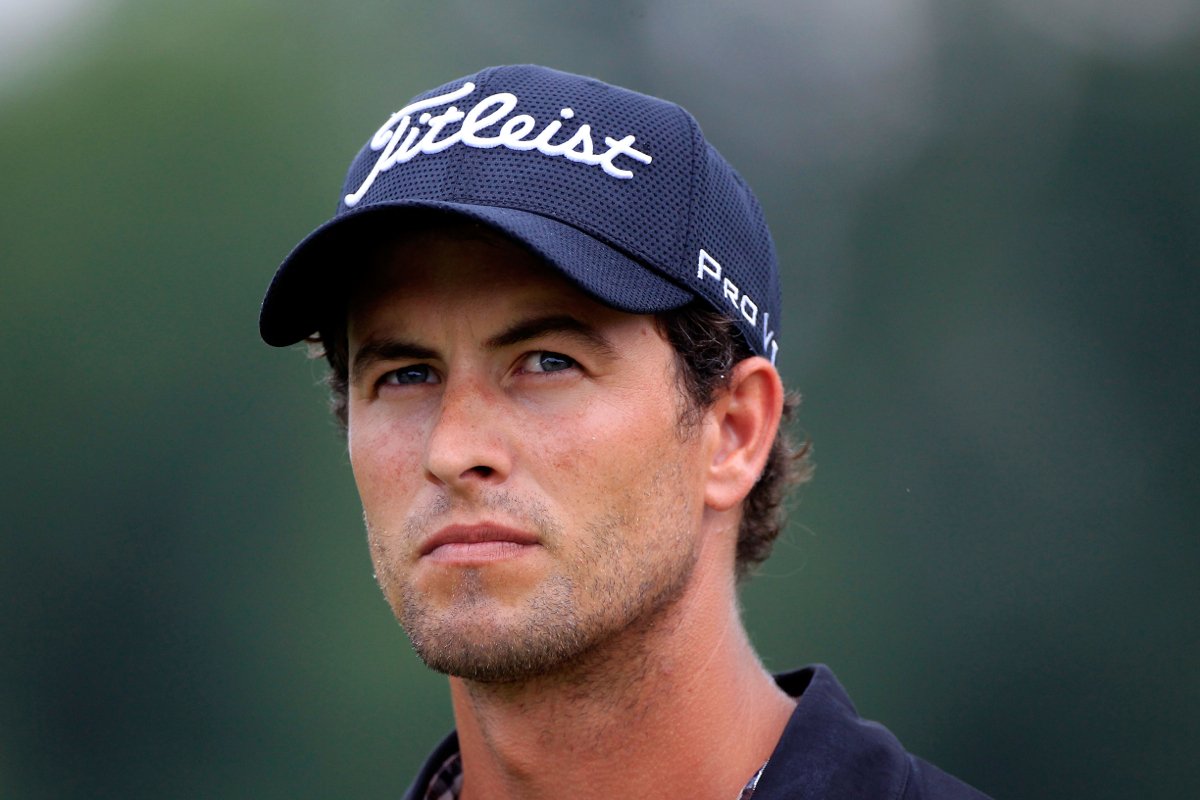 Sam Greenwood/Getty Images
Sam Greenwood/Getty Images
World No. 8 Adam Scott is one of several top professional golfers who will not be in Rio next month for the Olympic golf tournament.
But unlike many of his peers on tour, Scott isn’t skipping the games because of concerns about the Zika virus.
Rather, Scott is skipping out because he’s unhappy with the current Olympic format. On Wednesday, he put it on blast.
“I think they should change the format, for sure,” Scott told the media on Wednesday from Firestone Country Club. “Just having another 72-hole golf tournament with a weaker-than-most field doesn’t really pique my interest.”
When golf was accepted as an Olympic sport ahead of Rio, the IOC said that it was to help grow the sport internationally. As such, the International Golf Federation structured the event so that it accommodated a wide range of countries around the world. This is well and good, and in the spirit of the Olympic Games, except that many of the elite players come from the same handful of countries. This means that the overall quality of competition — as Scott is saying — will suffer.
Here, from the IGF, are the qualification rules:
“The top-15 world-ranked players will be eligible for the Olympics, with a limit of four players from a given country. Beyond the top-15, players will be eligible based on the world rankings, with a maximum of two eligible players from each country that does not already have two or more players among the top-15.”
In other words, you could be a top-20 golfer in the world, but if there are two players ranked ahead of you from your same country, you can’t go to the Olympics. As it stands now, several big-name American and British players won’t be in Rio, including Zach Johnson, Phil Mickelson, and Lee Westwood. The only reason why is because there are too many other good golfers from their same home countries.
All of this, combined with the basic 72-hole stroke-play format (the same as a major championship) has made it easy for many golfers to drop out.A more team-based format, meanwhile — like the foursomes we see at the Ryder Cup — might make it easier to incentivize golfers to represent their countries in the Olympics. At the very least, dropping out entirely wouldn’t just affect one single golfer’s chances to medal at the Olympics, it could mean other golfers from the same country wouldn’t be able to, either.
But Scott has a different idea for how to improve the format: Let the amateurs play.
Said Scott:
“If I think back to when I was 16 or 17 years old and a promising golfer, making the Olympics would be something that I’d want to do very much and also be a very big deal. I think having a young golfer aspire to be an Olympian is more realistic as an amateur than a professional. It’s just not going to happen for many as a professional, especially the way the qualification system works at the moment.”
Ahead of golf’s first appearance at the Olympics since 1904, this is not what the IOC wants to hear from one of the world’s best golfers.
NOW WATCH: 8 awesome facts about golf phenom Jordan Spieth













